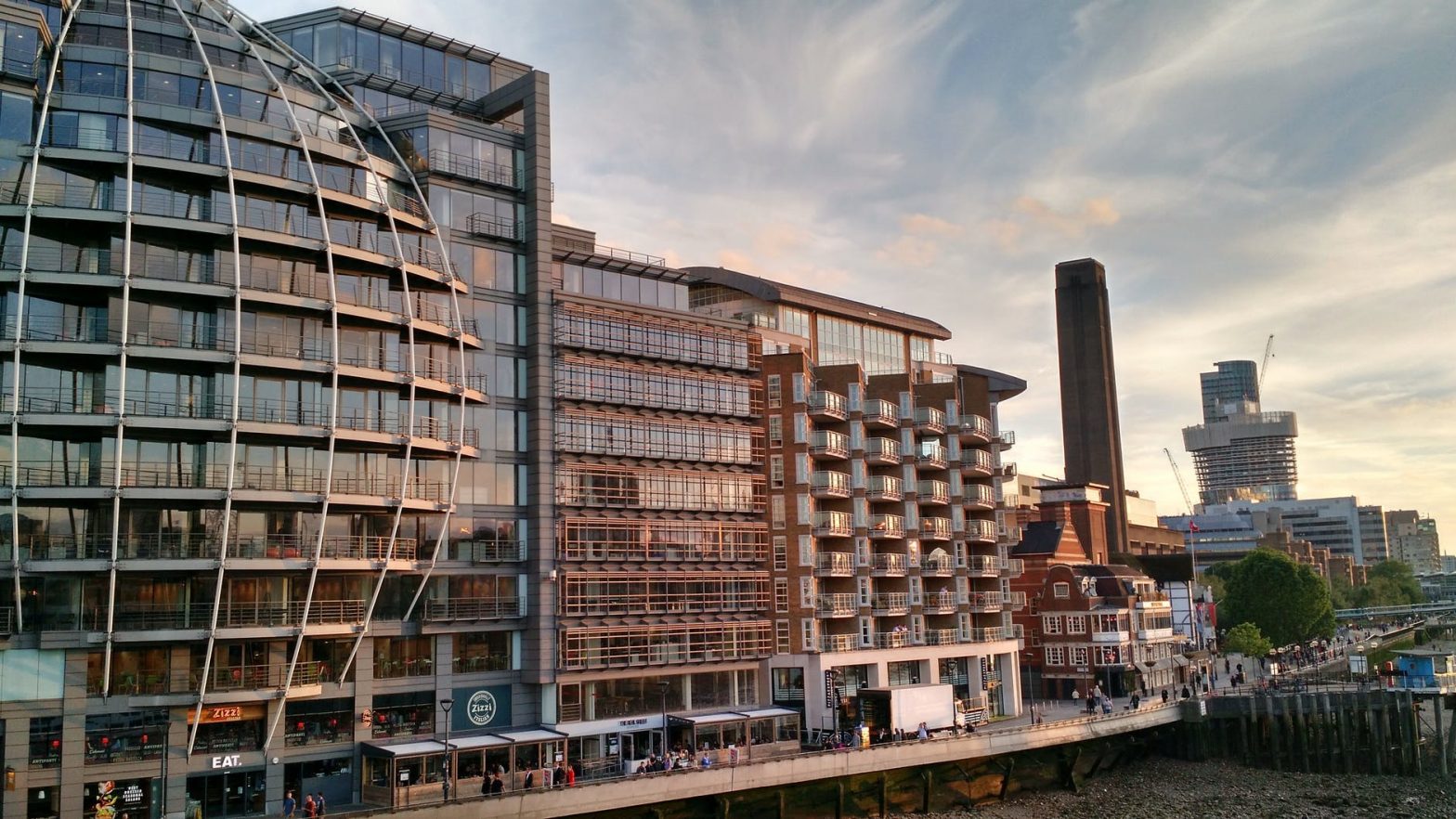Working from home has become a normal part of life due to the Coronavirus pandemic. Some will have taken to it better than others, appreciating the lack of commute or the morning rush. However, for many it is a significant challenge, having much less social interactions, being unable to meet with clients and feeling cooped up when they would rather be out and about.
While there are many different opinions regarding working from home, it does not change the fact that it has now become a necessity to keep the pandemic at bay. While there was once offices, stores and other places of work filled with people, many of these buildings now lay vacant. So the question is, what can legally be done with them?
Consultations have begun
The Ministry of Housing, Communities and Local Government has launched consultations regarding new permitted development rights for the change of use from ‘Commercial, Business and Service’ usage to residential usage in order to create new homes. Essentially, workplaces will be turned into living spaces if they can meet the requirements.
These consultations are scheduled to run from 3 December 2020 to 28 January 2021.
Use class changes
You may remember changes to the Use Classes of buildings occurred back in September when the government published The Town and Country Planning Regulations 2020. These regulations attempt to reflect the diverse nature of high streets in the UK, and fresh demands brought on by the coronavirus pandemic, which require how properties can be developed and used in different ways as time goes on. You can remind yourself of this in our article: The Law of the Land: Use Classes See Significant Changes!
Bearing these changes in mind, the government is looking to add further flexibility in terms of how buildings can be used now that many have been left empty, due to many employees now working from home. There is now a demand for a more streamlined application process and allowances for commercial property to be changed into residential property, amongst other types of developments.
Making the changes
One of the main areas of interest here is the proposed change of a building in Class E (Commercial, Business, and Service) into a residential building. Only premises which were in use class E on 1 September 2020 will benefit from the right to alteration.
According to the current information available, the proposed changes will “significantly beyond existing rights, allowing for restaurants, indoor sports, and crèches etc. to benefit from the change use to residential under permitted development rights for the first time.”
It seems to us that the government is anticipating the work from home model that has become such a big part of life will remain throughout the pandemic and beyond, meaning many commercial buildings will no longer be needed.
Size considerations
It is currently being proposed that there is no size limit on the buildings that can be altered for residential use. The thinking here is that there is no point in a building lying vacant simply because it does not meet size recommendations when it could still be used for something. Of course, where a building is far too small to be used as a residential area, this will be taken into account, but there is currently no cut off point in terms of size. It will be discussed further as part of the consultations.
It is understood that some buildings previously used for retail or other commercial use will offer large spaces to work with, potentially giving developers the chance to build multiple residential properties in their place.
Area considerations
There will be areas that are unable to be changed to residential property for various reasons, such as the area being of historical or scientific interest, listed buildings and land within their curtilage; sites that are or contain scheduled monuments; or safety hazard areas would clearly be exempted from any alterations.
The safety and health of the potential resident once the property has been altered will be considered, which means events such as flooding, fire safety, contamination, building stability and availability of natural light will always be considered before any development takes place.
Planning is key
Any applications for prior approval is to be accompanied by detailed floor plans (or blueprints) showing dimensions and proposed use of each room, including the position of windows, information necessary for the consideration of the matters for prior approval, and an appropriate fee. The consultation proposes a fee per dwelling of £96, capped at a maximum of the fee for 50 dwellings.
What do we think?
We are pleased to see planning going into this area, as we certainly agree that buildings are better off being used for something than simply standing vacant for months or even years on end. We hope that the consultations go well and that appropriate plans are written up, and some of these commercial buildings can get turned into residential ones and serve a new purpose.
With the coronavirus hitting some harder than others, and an expected increase of homelessness potentially on the cards, we would also like to see some of these buildings put to good use for those who need some extra support. It would be pleasant to see some homeless shelters get developed as well as regular flats and houses. We will have to wait and see how it turns out!
The GOV page related to these consultations can be found here.
Have questions? We are open as usual!
We are ready to provide you with a fantastic legal service and there are many ways for you to contact us!
Call us on 020 7928 0276, phone calls are operating as usual and will be taking calls from 9:30am to 6:00pm.
Email us on info@lisaslaw.co.uk.
Use the Ask Lisa function on our website. Simply enter your details and leave a message, we will get right back to you: https://lisaslaw.co.uk/ask-question/
Or, download our free app! You can launch an enquiry, scan over documents, check progress on your case and much more!
Links to download below:
iPhone: https://apps.apple.com/us/app/lisas-law/id1503174541?ls=1
Android: https://play.google.com/store/apps/details?id=com.lisaslaw









For latest news you have to visit world-wide-web and on internet I found this web page as a most excellent site for newest updates.